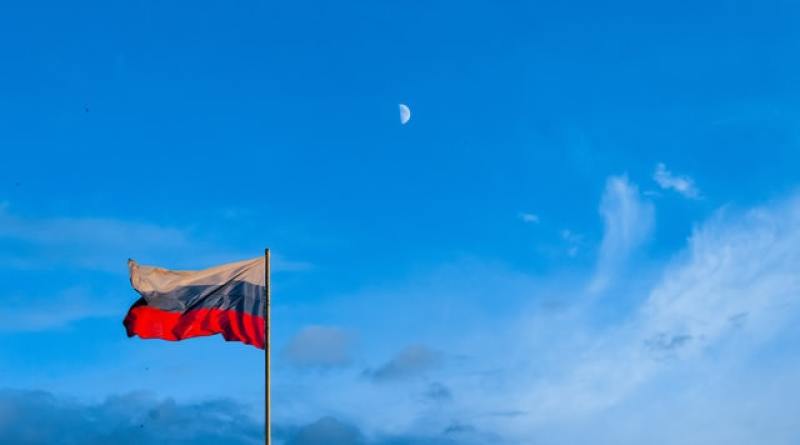
Over the past days, Western leaders have acknowledged the U.S.' failures to smoothly transition out of Afghanistan, which had tragically fallen into the hands of the Taliban militant group. The Taliban captured the Afghan capital of Kabul on Sunday, with the U.S. scrambling to facilitate a smooth exit of what is estimated to be up to 40,000 American citizens in Afghan soil.
"We were always aware of the risks that Taliban could regain control," North Atlantic Treaty Organization (NATO) Secretary General Jens Stoltenberg said on Tuesday, as reported by WND. "But it was a surprise, the speed of the collapse, and how swiftly that happened."
U.K. Prime Minister Boris Johnson on Sunday acknowledged Afghanistan's new leadership, saying, "The situation remains very difficult and it's clear that there is going to be...a new government in Kabul or a new political dispensation. It's very important that the West collectively should work together to get over to that new government, be it by the Taliban or anybody else, that nobody wants Afghanistan once again to be a breeding ground for terror."
But not everyone is disappointed in the Taliban's swift takeover of Afghanistan. For one, Russia has already been in talks with the Taliban, even going on to praise them and criticize mainstream media for painting them as the bad guys.
According to The Moscow Times, the Russian government is "cautiously optimistic" of Kabul's new leadership and hopes to work together to prevent any instability from reaching the Russian borders.
Russian Foreign Minister Sergei Lavrov praised the Taliban for its readiness to communicate and "respect the opinion of others." He hinted at "an inclusive national dialogue with the participation of all of Afghanistan's political, ethnic and religious groups."
Russia's ambassador to Afghanistan Dmitry Zhirnov, who met with the Taliban in Kabul, even went on to praise the militant group, saying that they are "currently engaged in restoring order in the city and have succeeded in this."
Zhirnov added that while the Taliban are "tough," he believed that the militant group would not start a "bloodbath" that "many Westerners" predicted. Instead, he said that the Taliban "behave in a responsible, civilized manner." Ironically, the Taliban remains to be classified by Russia as a terrorist organization that is banned in the Soviet country.
While Western countries refuse to acknowledge Taliban leadership in Afghanistan, China and Russia hinted that they may be the first countries to do so. Forbes reported that Hua Chunying, a spokesperson for the Chinese Foreign Ministry, said that the communist state is ready to develop "friendly and cooperative" relations with Afghanistan and that they respected the country's sovereignty. China's Afghan embassy remains open and fully staffed.
China, however, has one requirement before they begin economic engagement with the Taliban-ruled Afghans: stability. Sichuan University's Institute of South Asian Studies professor Zhang Li told Al Jazeera that China "made it quite clear" that the on-ground situation must be stabilized and that "positive developments" must be demonstrated by the Taliban leadership before the communist state considers economic engagement.





























